Day **ONE** of Tiq Hackathon
Day ONE of Tiq Hackathon, CSM
Cai Tuomivaara and Mo-Ling Chui
The perpetual turnover of living tissue into deadwood, driven by fungal decomposers that recycle nutrients and sustain biodiversity, exemplifies a natural rhythm that renders the prospect of individual mortality a seamless part of the forest’s ongoing vitality (Azevedo and Ashwood, 2022) (Błońska, Piaszczyk and Lasota, 2023). Consequently, the continuous carbon flux mediated by generalist microbes underscores that death functions as an integral conduit for ecosystem‑level carbon sequestration rather than an endpoint (López‐Mondéjar et al., 2018) (Tláskal et al., 2021). Thus, the incessant microbial‑mediated transformation of deadwood into bioavailable carbon and nutrients continuously renews forest productivity, framing personal mortality as a non‑disruptive element of this self‑sustaining cycle (Wang et al., 2023) (López‐Mondéjar et al., 2018).
Recognizing death as a natural prerequisite for renewal, as articulated in ecological theory, alleviates existential fear by situating individual mortality within the forest’s perpetual regenerative processes (Jacobsen and Petersen, 2020). Modernity is often characterized by a push for continuous growth and technological advancement, which critics argue can lead to a "destabilizing deterioration" of culture in confronting existential anxieties, fostering feelings of angst and meaninglessness (Claridge, 2017; Đjurić, 2021). This ethos of "unlimited growth," as seen in areas like modern sport, is identified as contributing to modernity's illnesses and the current climate crisis (Hognestad et al., 2022). Such dynamics are described as "escalatory logics of capitalist modernity" that require constant material growth, technological augmentation, and high rates of innovation to maintain the status quo (Rosa, Dörre and Lessenich, 2016). Furthermore, the techno-solutionist ideology, particularly in fields like AI futurism, presents technology as the primary solution to societal problems, effectively depoliticizing these issues and reinforcing a dominant, often mythological, view of progress (Schütze, 2024).
The concept of a "death drive" is frequently applied to biocapitalism due to its self-destructive tendencies. Capitalism, in this view, functions as a "cannibalistic, extractive relation" with nature, consuming biophysical wealth while disregarding ecological consequences, treating the planet merely as a source of inputs and a sink for waste, devoid of inherent value beyond commodity production (Schütze, 2024). This extends to "necrocapitalism," defined as organizational accumulation through the "subjugation of life to the power of death" and dispossession (Banerjee, 2008).
Similarly, "necroeconomies" describe a logic where death itself becomes a central activity for value creation, reconfiguring populations as disposable "excess" due to the pervasive extension of market logic (Haskaj, 2018). The compulsive pursuit of growth and technological mastery within this context can lead to "perverted progress" and a "Death Spiral Effect," where societal behaviors accelerate decline, showcasing how the very mechanisms designed for advancement can harbor self-destructive forces (Fong, 2013; Markow, 2019; Schippers, Ioannidis and Luijks, 2024).
In medicine, palliative care focuses on providing relief from the symptoms and stress of a serious illness to improve the quality of life for both the patient and their family. Applied to modernity, this implies acknowledging that our current societal trajectory, characterized by a relentless pursuit of growth and often destructive patterns, is causing significant suffering.
A "palliative care plan" for modernity would thus involve a strategic shift from endless, often unsustainable, growth to alleviating societal distress, enhancing collective well-being, and fostering a dignified coexistence with our planet.
Modernity is generally understood as a historical period or a set of socio-cultural, political, and economic conditions that emerged from a perceived break with the past, often associated with the Enlightenment and a focus on rationality and progress (Wagner, 2001; Rashid, 2024). However, a deeper look, especially through the lens of Indigenous thought, reveals a more complex and often problematic nature. Historical and continuing colonial practices have fundamentally shaped global power dynamics, leading to environmental degradation and resource exploitation in former colonies. This "ecological imperialism" funnels resources from the Global South to the Global North, perpetuating "ecologically unequal exchange" (Wood, 2015; Frame, 2022). Such historical oppression fuels current climate injustices, where vulnerable populations bear the brunt of environmental damage (Rice, Long and Levenda, 2021). Modern capitalism perpetuates "climate coloniality" and "racial capitalism," which continue to create "sacrifice zones" and dispossess marginalized communities (Sultana, 2022; Schütze, 2024). The relentless pursuit of growth, often amplified by technological futurism, reinforces these destructive dynamics (Arora and Stirling, 2023; Nsah, 2023).
The advent of the internet has brought unprecedented access to information, yet it has also ushered in an era of information overwhelm. This constant deluge of data can lead to significant mental health challenges, including anxiety, depression, and difficulty sustaining attention, as individuals navigate multiple information streams (Firth et al., 2019; Mousoulidou et al., 2024). The digital environment influences cognitive functions, memory processes, and even self-perception, sometimes leading to problematic internet usage and social isolation (Diomidous et al., 2016; Firth et al., 2019). Prioritising Cognitive Well-being: Recognising the internet's profound impact on mental well-being and developing strategies for digital literacy and mental resilience to navigate information-rich environments effectively (Donati et al., 2022; Kelly and Sharot, 2024).
The psychological distress associated with environmental threats, known as eco-anxiety, is a growing concern, stemming from the perceived uncertainty, unpredictability, and uncontrollability of the ecological crisis (Pihkala, 2020; Boivin, Gousse-Lessard and Legris, 2025). This anxiety is not merely an individual psychological issue but is deeply intertwined with broader societal structures.
Our satirical corporate deck#:

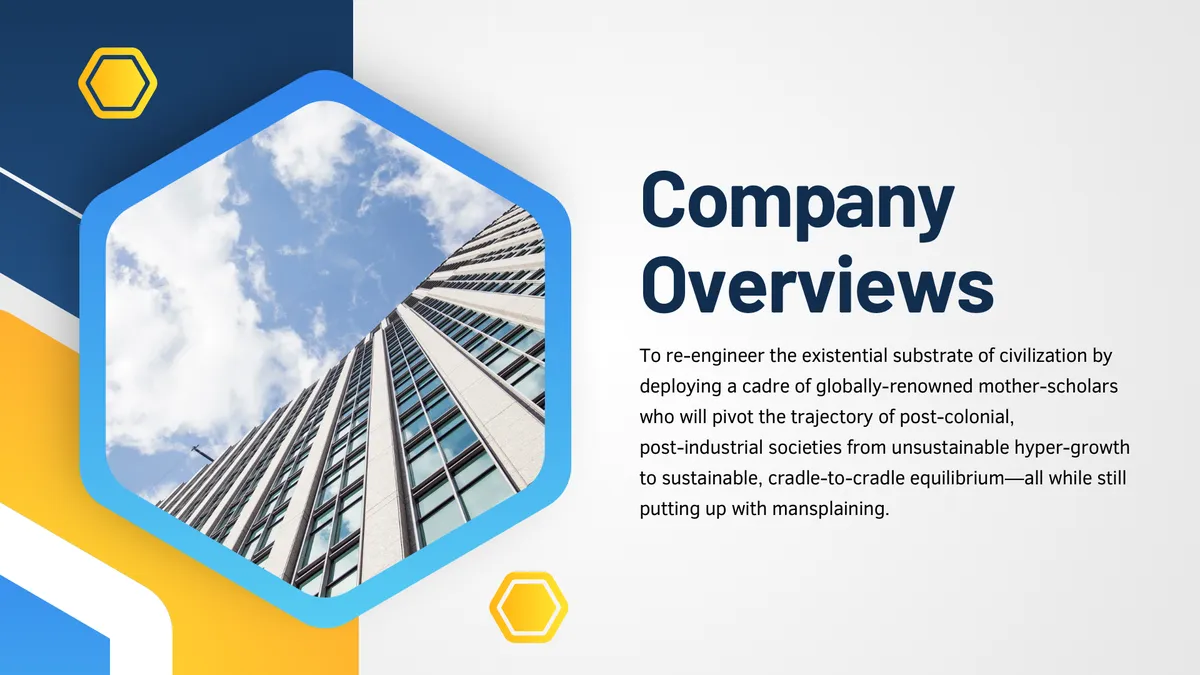
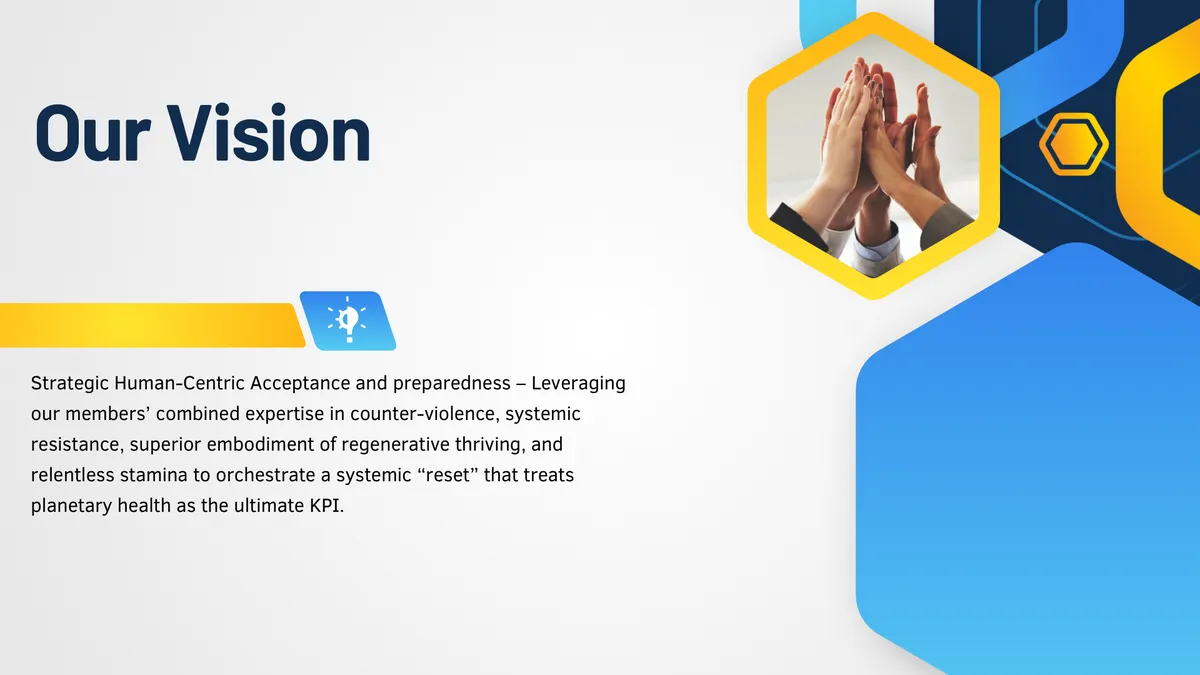
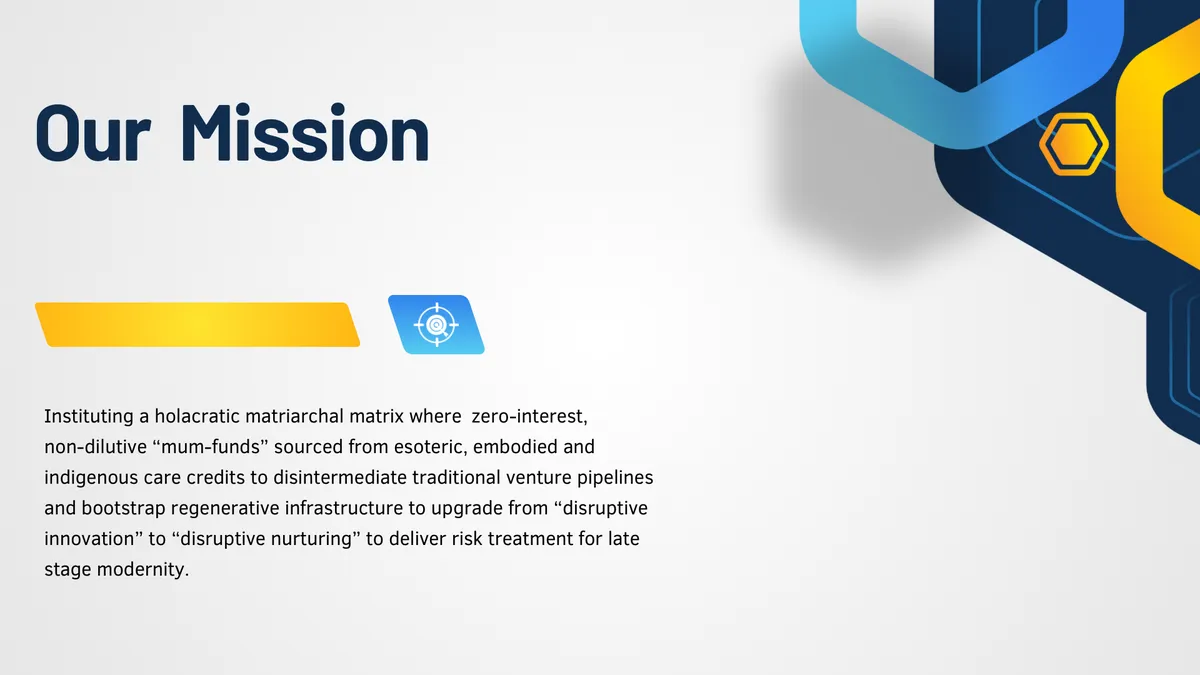

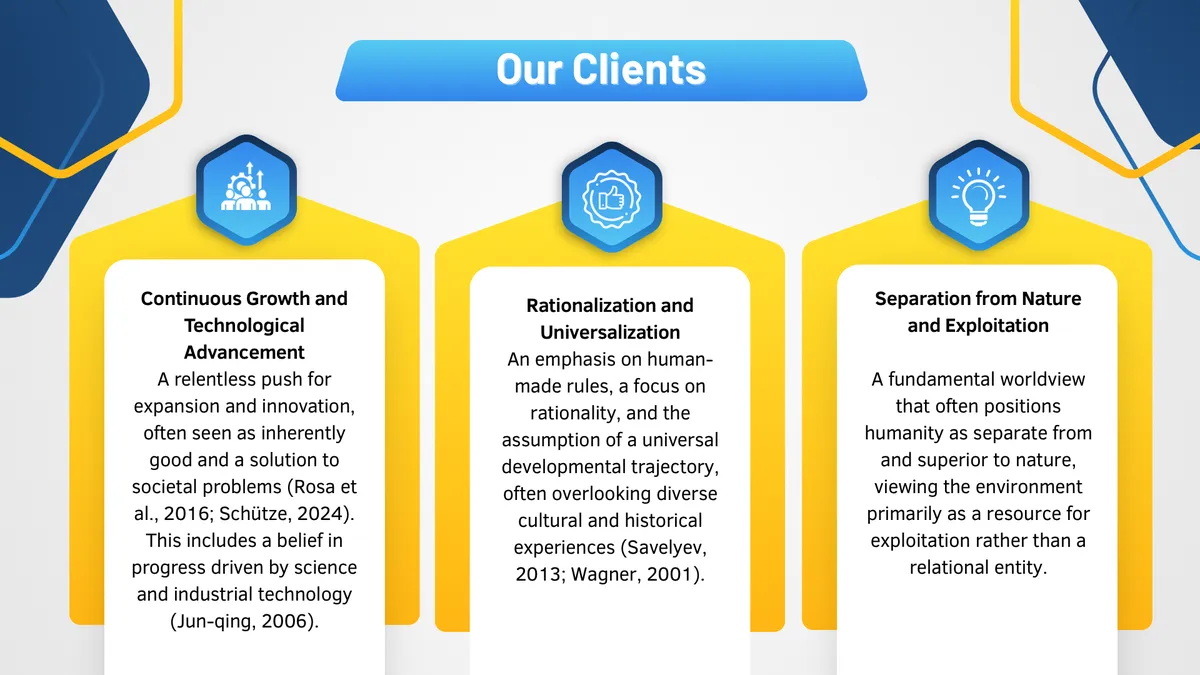

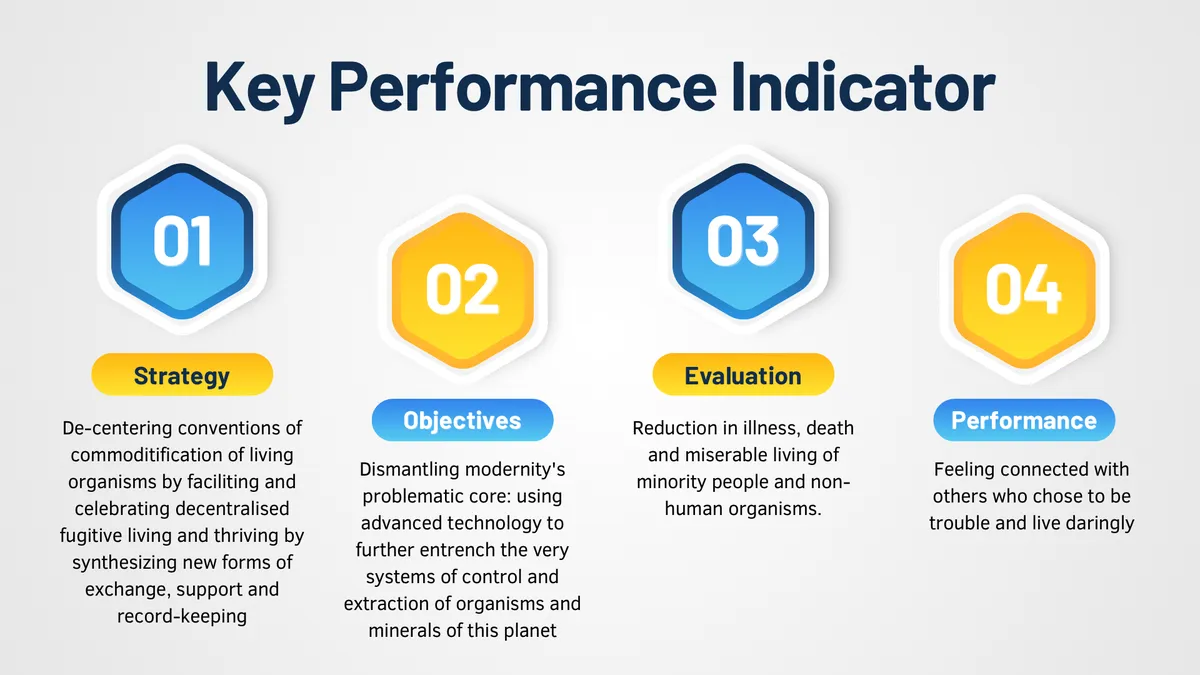

+++tbc+++ 16:11, 17 Sept 2025 ++++++++++++++++++